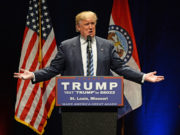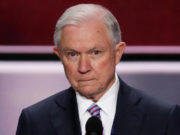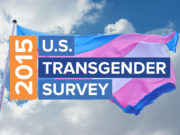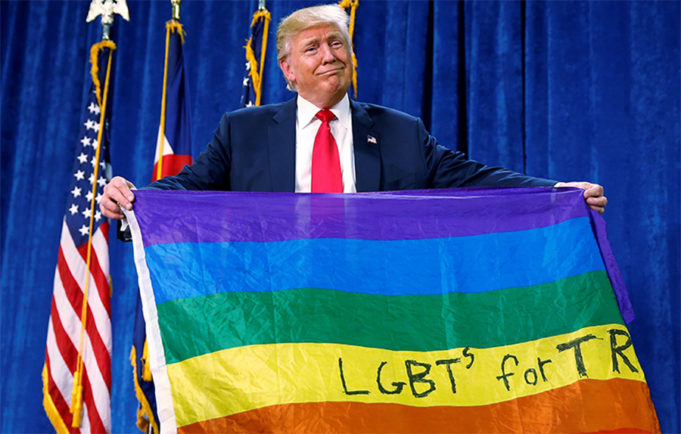The White House announced President Trump would keep LGBTQ protections in place for federal employees and contractors. Here is what it all means:
In 2014, President Obama signed the original executive order, which protected LGBTQ federal government employees and contractors from being fired or discriminated against on the basis of their gender identity or sexual orientation. He issued the order due to continued failures by congress to pass the Employment Non-Discrimination Act (ENDA), a proposed bill that would have given protections to all LGBTQ employees in the United States. ENDA has been introduced in almost every congressional session since 1994 and has repeatedly failed. There have been versions that both included and excluded transgender employees, however it has never been able to get out of the House of Representatives. Obama’s order was a response to these failures, but he only had the power to protect government employees, which are a small percentage of the U.S. Population.
On Tuesday, the Trump administration announced they will be upholding Obama’s 2014 executive order and released the following statement:
President Donald J. Trump is determined to protect the rights of all Americans, including the LGBTQ community. President Trump continues to be respectful and supportive of LGBTQ rights, just as he was throughout the election. The President is proud to have been the first ever GOP nominee to mention the LGBTQ community in his nomination acceptance speech, pledging then to protect the community from violence and oppression. The executive order signed in 2014, which protects employees from anti-LGBTQ workplace discrimination while working for federal contractors, will remain intact at the direction of President Donald J. Trump.
The announcement came amidst fears that the President would rescind Obama’s 2014 executive order and enact religious protections that would discriminate against LGBTQ citizens, the latter of which may still come to fruition. Even though President Trump is maintaining the status quo on this particular order, it has angered groups on both sides of the issue of LGBTQ rights. “Trump can and should protect all Americans from violence and oppression, but he should not go along with Obama’s policies of elevating ‘sexual orientation and gender identity” to a protected class,” said Ryan T. Anderson of the Heritage Foundation in response to the announcement. “Claiming ally status for not overturning the progress of your predecessor is a rather low bar. LGBTQ refugees, immigrants, Muslims and women are scared today, and with good reason. Donald Trump has done nothing but undermine equality since he set foot in the White House,” said Human Rights Campaign President Chad Griffin. “Donald Trump has left the key question unanswered — will he commit to opposing any executive actions that allow government employees, taxpayer-funded organizations or even companies to discriminate?”
What does it all mean?
It means that federal employees will still be protected for at least the next 4 years unless President Trump issues another executive order or a law is passed that somehow diminishes it. The fact remains that LGBTQ employees are only protected if they work for the federal government and non-government employees can still be discriminated against and fired from their jobs unless they live in a state that offers such protections. Some see the move as pandering while others say the President deserves points, even if it is for doing nothing. The LGBTQ community will not have full protections in the United States unless a bill like ENDA is passed, however that seems very unlikely given the current composition of the U.S. House and Senate. Though this can be viewed as a positive, the future of LGBTQ rights under the new administration is still an unknown.
































